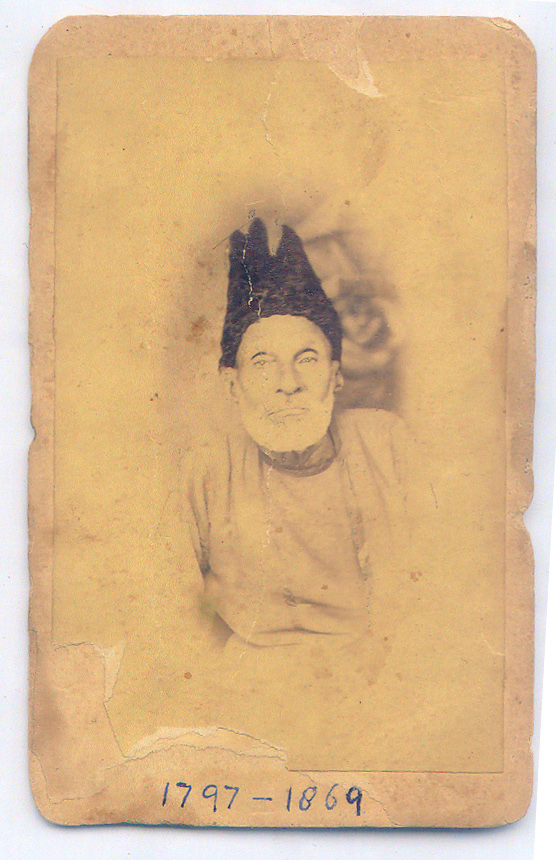FWP:
SETS == DIALOGUE;
GENERATORS; IDIOMS; KIH; KYA; SUBJECT?
SPEAKING: {14,4}
This verse with its utterly simple vocabulary is another astonishing portfolio of kyā work, combined with both straightforward and idiomatic uses of verbs for asking and telling. The first line is an apparently straightforward in question-- though, as Nazm points out, it can be read in the tone of a deliberate sneer. (Why, he's a complete nobody!') Is it asked by the beloved, or by a passing stranger, or by a hostile person? Needless to say, we are left to decide for ourselves.
Then in the second line, the complexities develop into a dazzling number of permutations.The koʾī batlāʾo can request that someone tell us (these words) with regard to our answer, as in (2a) and (2b). Or else it can request that someone tell the inquirer (these words), as in (2c) and (2d). Or else the kih can be reinterpreted so as to unify the whole line, as in (2e).
As for the final phrase, here are the basic possibilities, with their prose word order indicated:
ham kyā batlāʾeñ ? -- what would
we say/tell?
kyā , ham batlāʾeñ ? -- would we tell? or would we
not tell?
ham batlāʾeñ -- kyā ! -- as if we would tell! we would
hardly tell!
And of course as the commentators point out-- and as I have tried to suggest in (2d)-- various ones of these readings shade off into particular idioms and colloquial uses. The final reading, (2e), invokes the meaning of kih not as a quote-introducer but as 'because'; on this see {13,6}.
The result is a kind of album, a set of descriptions of social identity, with implications ranging from the insulting, through the neutral and coy, to the boastful. Better use has probably never have been made of the full range of possibilities not only of kyā (which after all is used this way all the time), but also of batlānā . (Grammatically, batlānā is a variant form of batānā ; it has the advantage for this verse of scanning with an initial long syllable.)
For a similarly complex treatment of kahnā , 'to say', see {209,1}. For a classic 'meaning generator' that uses some of the same devices even more elaborately, see {32,1}.
Note for grammar fans: In the second line, koʾī in the third person is paired with batlāʾo , a second-person familiar imperative. The only reason I can think of for this is extra emphasis. Thus the koʾī suggests that anybody at all can be appealed to for help in such a situation, while the batlāʾo marks an urgent shift to direct second-person familiar address (to a tum ), to increase the pressure on the 'somebody' who is suddenly being so addressed. For a similar case with koʾī batāʾo , see {178,2}. And for a normal case (with koʾī batlā de ), see {207,1}.
And from Rafiq Kathwari, this just in (Sept. 2016)-- apparently the writer of the transliteration can't read the script:


Nazm:
In such a place ham batlāʾeñ kyā is an idiom, in which the asker deliberately becomes ignorant. That is, he is surprised that the asker has forgotten Ghalib in such a way, as if anybody wouldn't know him at all. (42)
== Nazm page 42